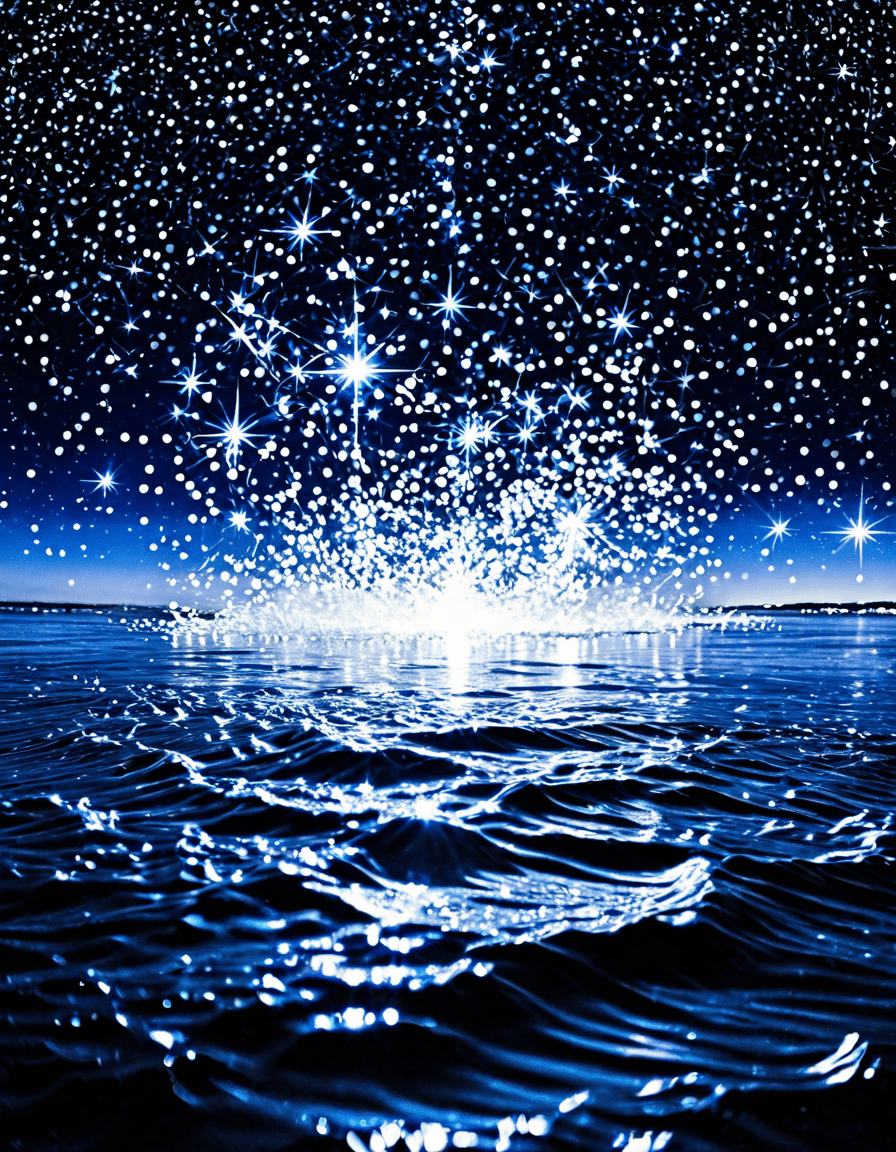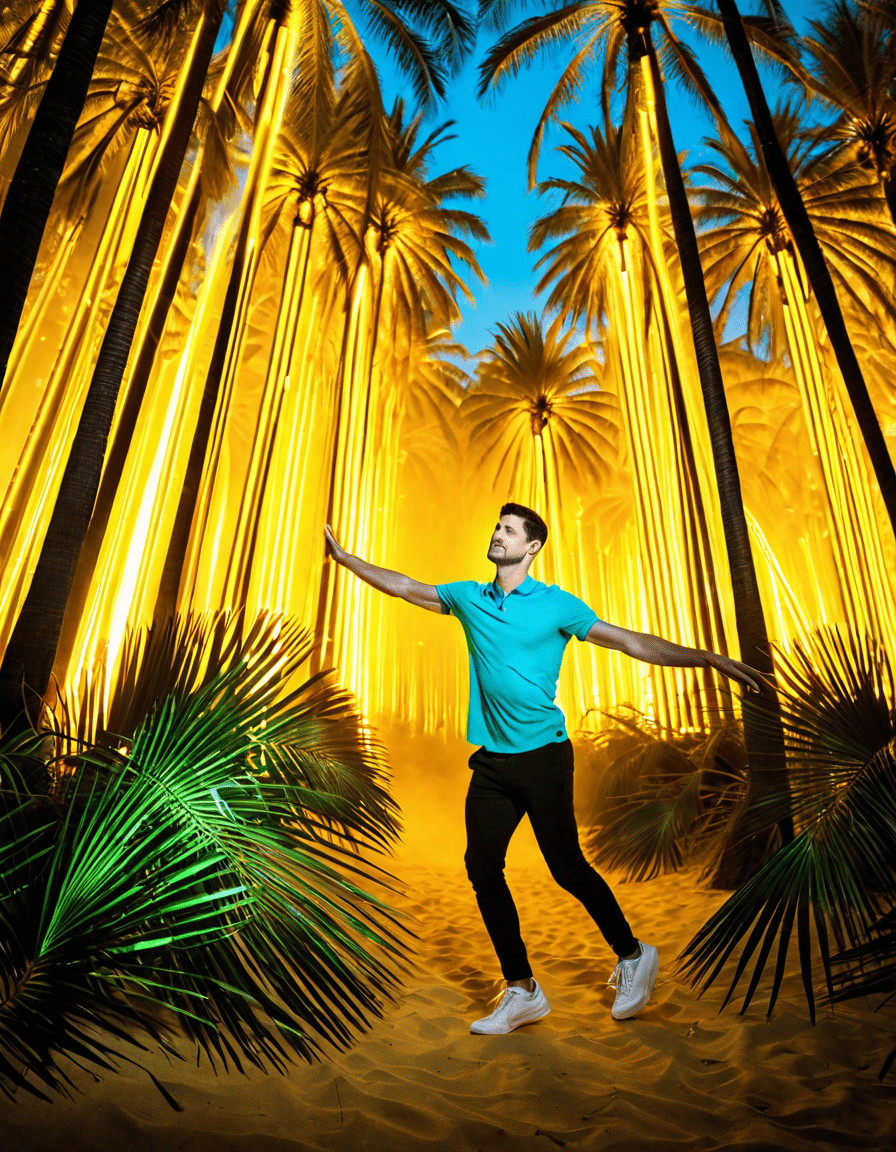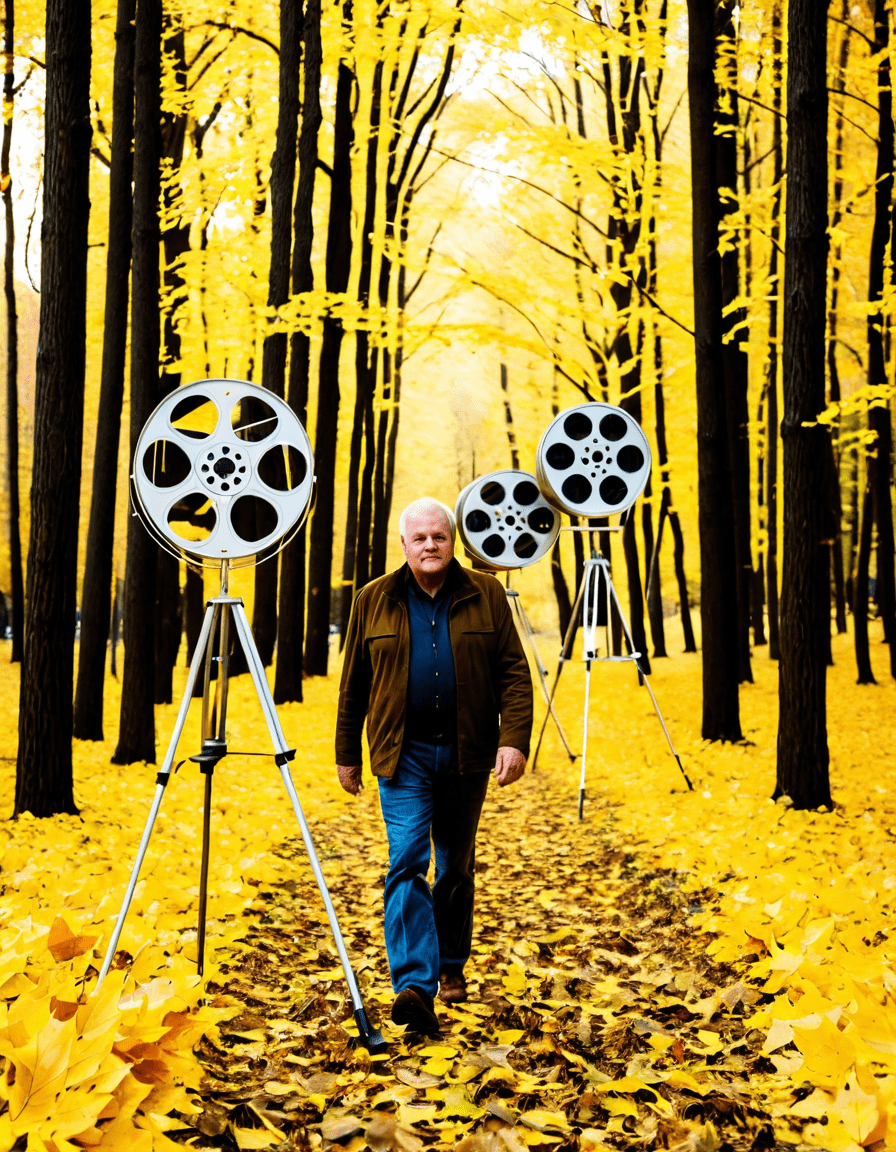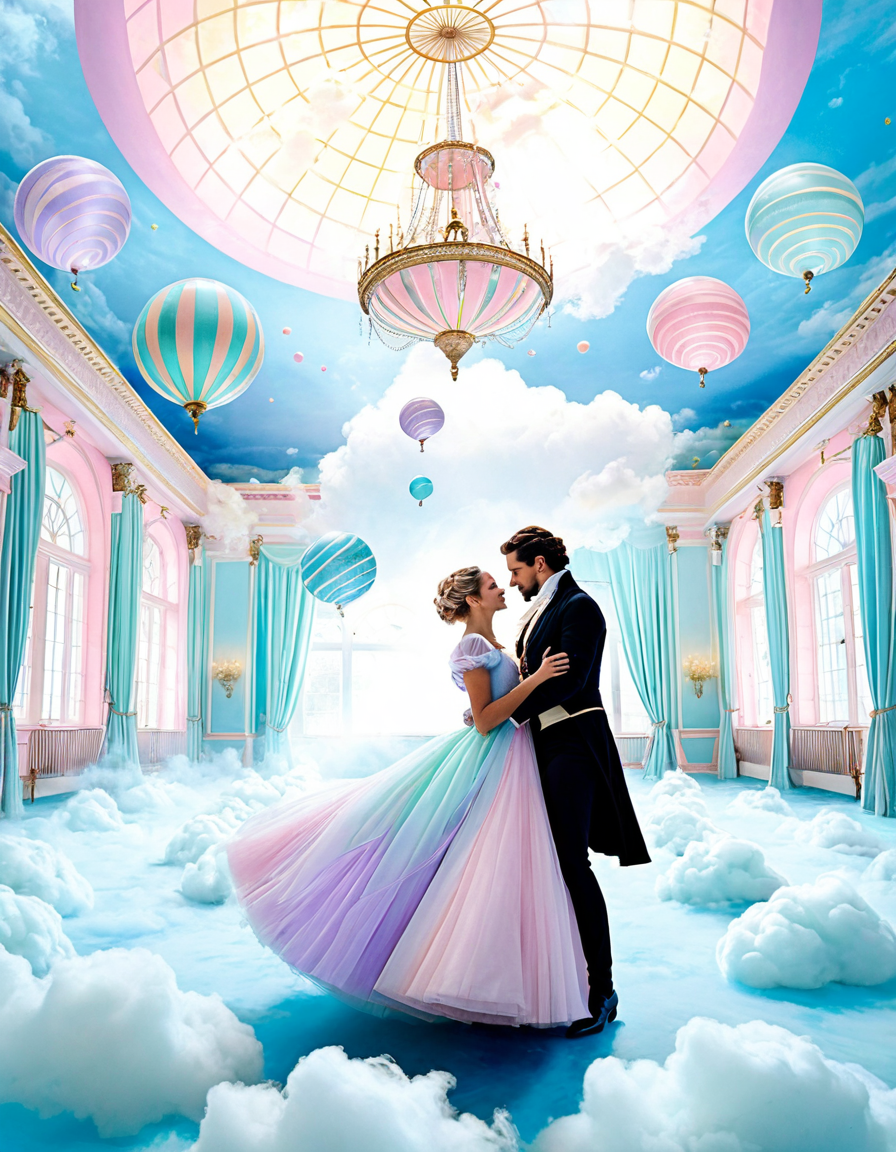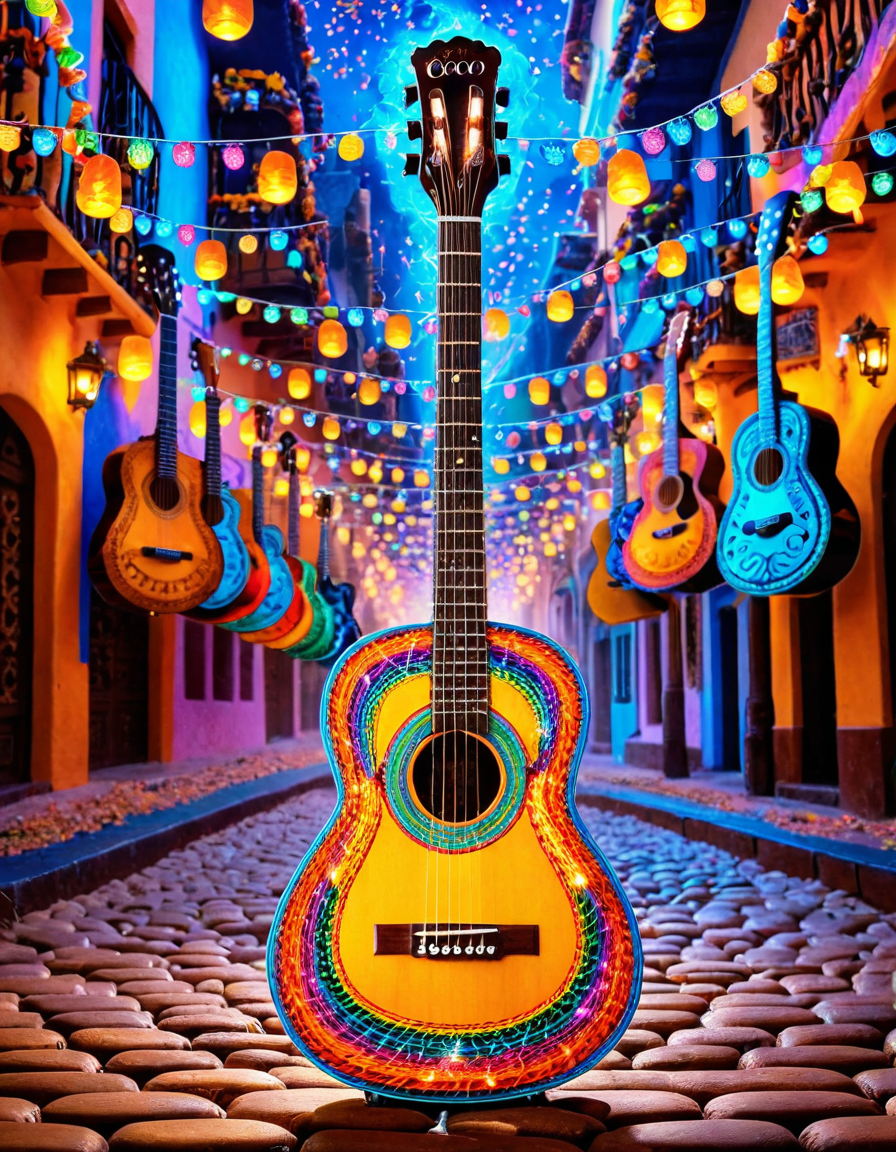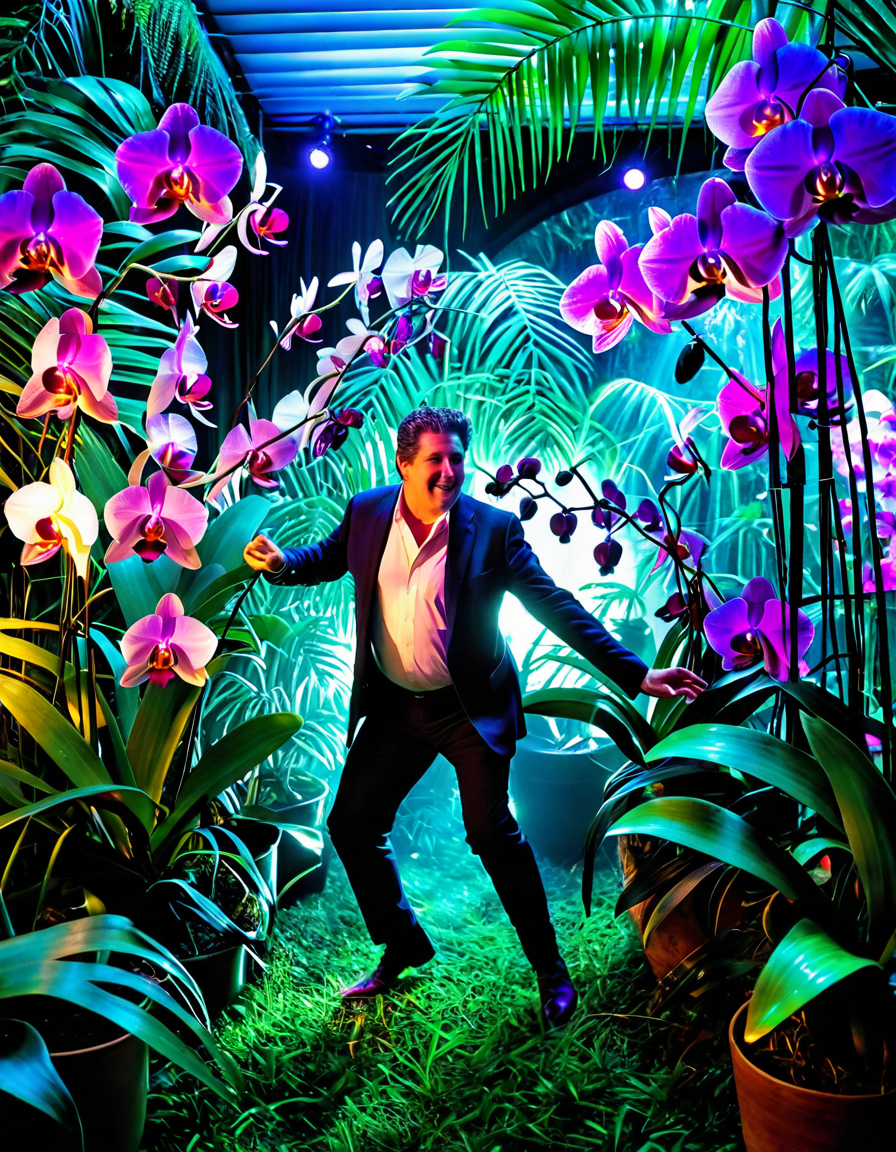The Punisher has captivated audiences for decades, transcending the confines of comic books into the larger tapestry of our culture. With his brutalist approach to justice and an unquenchable thirst for vengeance, the Punisher represents a dark alternative to traditional heroes. He embodies a type of moral absolutism that resonates with many, particularly those disillusioned by conventional systems. Let’s take a deep dive into the aspects of his character that make the Punisher an unforgettable figure in modern storytelling.

7 Brutalist Aspects of the Punisher’s Character
1. Ruthless Morality
At the core of the Punisher’s persona is a ruthless moral code. He doesn’t shy away from actions that society deems illegal or immoral; instead, he embraces them as means to his ends. Just think about a character like Dexter Morgan—he’s pulling from a similar vein. The Punisher sees the world in black and white, underscoring a brutalist ideology that rejects conventional boundaries. This perspective not just sets him apart, but also challenges readers to reevaluate their own understanding of right versus wrong.
2. Tactical Warfare
Frank Castle’s military prowess adds layers to his vigilante persona. His background shapes his methods, turning urban environments into battlegrounds reminiscent of guerrilla warfare. Like Navy SEALs operating in hostile territories, the Punisher employs precision and psychological tactics. Every confrontation he engages in feels like a well-orchestrated offensive, aimed at dismantling crime rather than merely policing it. This tactical warfare strategy impressively parallels immersive experiences in action video games, like those found in Cyberpunk 2077, emphasizing the thrill of strategy intertwined with combat.
3. Psychological Depth
The Punisher’s brutalities stem from a more profound psychological complexity. His origins, laden with trauma and loss, paint a vivid picture of grief fuelled by a craving for vengeance. In many ways, his struggles echo those of artists like Ghostface from Wu-Tang Clan, who articulate pain through their music. This robust narrative invites readers to contemplate their emotions, particularly regarding responses to loss and injustice—unpacking the moral ambiguity that often accompanies revenge.
4. Anti-Hero Appeal
In today’s climate, where cynicism about traditional heroism reigns, the Punisher finds his audience. Much like Walter White from “Breaking Bad” or Tony Soprano, he captures the complexities of human emotion and moral failure. The anti-hero narrative feels relatable, sharing the same social frustrations that plague us. As we watch his relentless pursuit of justice, we’re forced to grapple with our feelings of empathy and disgust, making him a fascinating figure in pop culture.
5. Brutality as Entertainment
Pop culture often uses violence to convey deeper messages, and the Punisher is at the forefront of this trend. His audacious escapades mirror the visceral storytelling of films from directors like Quentin Tarantino. In doing so, these narratives succeed in sparking conversations about morality and power—issues that resonate with societal structures across the globe. The Punisher not only titillates through action sequences; he also compels us to consider our ethical responsibilities and the weight of authority in our lives.
6. Relentless Pursuit of Justice
One of the most striking traits of the Punisher is his quest for justice. His narrative doesn’t shy away from portraying him as a relentless, almost superhuman force. Clashing with superheroes like Daredevil showcases his obstinate drive, akin to historical figures such as Daniel Berrigan, known for tearing down corrupt institutions. The portrayal blurs the lines between right and wrong, emphasizing a moral ambiguity that keeps audiences engaged.
7. The Legacy of Vengeance
Castle’s unfulfilled thirst for vengeance often overshadows his initial noble intentions. His journey embodies a tragic cycle that fuels further violence, embedding itself in contemporary discussions about revenge. Much like tracks from artists such as Ghostface Killah, Castle’s narrative becomes a profound reflection on the cyclical nature of violence and despair. This poignancy adds depth to the Punisher’s legacy, illustrating the fine line between justice and retribution.

Analyzing the Punisher’s Impact as a Cultural Phenomenon
The Punisher has firmly established himself as more than just a comic book character; he represents broader cultural themes that invite scrutiny. His influence spans from modern films to merchandise, encouraging dialogues about the intricate nature of justice and the lasting impact of violence on society.
The New Demands of Justice
With today’s movement advocating for accountability, the Punisher’s seemingly brutal tactics starkly contrast with calls for social justice and reform. The juxtaposition raises questions about vigilante ethics in the 21st century. Proponents of systemic change challenge the effectiveness of violence as a means to achieve justice, prompting us to reconsider the narratives that fuel our perceptions of heroism and villainy.
Comparison with Other Vigilantes
The Punisher isn’t alone in navigating the murky waters of vengeance; other cultural figures, like Method Man from Wu-Tang Clan, explore similar themes in their work. Through their artistic expressions, they question societal structures and engage audiences on issues of morality. The narratives evolve to incorporate deeper meanings about justice, urging us all to think critically about the systems we encounter daily.
The Role of Women in the Punisher’s Universe
The contribution of female characters in the Punisher’s universe deserves equal attention. Characters like Elektra present compelling arcs that delve into themes of empowerment amid violence. Their narratives often counter the patriarchal pressures embodied in the Punisher’s actions, aiming to dismantle oppressive cycles rather than reinforce them. This fresh perspective highlights the need for robust female representation in traditionally male-centric narratives.
Future of the Punisher in Media
As society continues to grapple with various injustices, the forthcoming adaptations of the Punisher may find fertile ground for nuanced storytelling. As new projects unfold, we could witness a shift towards exploring themes of redemption alongside revenge. This evolution can spearhead discussions that foster understandings of moral conflict and the struggle for justice in an increasingly complex world.
The Punisher serves as an emblematic figure, reflecting our zeitgeist filled with contradictions. As media evolves, he remains a powerful lens through which we can examine our understanding of justice, vengeance, and morality. The discussions surrounding the Punisher ensure that his legacy will resonate for years to come, reminding us that justice can indeed be both a sanctuary and a battleground in our quest for understanding.
The Punisher: Dark Justice and Unmatched Vengeance Journey
Did You Know? Fun Facts About The Punisher
Ever wondered how the Punisher stacks up against other iconic characters? Well, it’s interesting to note that Frank Castle, the man behind the mask, first appeared in The Amazing Spider-Man #129 back in 1974. His relentless pursuit of justice has made him a poster child for the anti-hero archetype. Just think about that for a second: before even stepping into his own series, he had already begun influencing other characters, much like how Allie Bieber has left her mark on pop culture, inspiring a frenzy among fans for various artistic interpretations.
In addition to his comics, the Punisher has made his way into film adaptations that have had quite the mixed reception. From the gritty 1989 movie to more recent interpretations, fans are often torn about which version stands out. It’s like debating the best Dreamworks Movies: the right answer often depends on personal taste! Interestingly enough, his dark narrative resonates with many, earning him a spot in pop culture alongside various imaginative characters, much like those found in the classic tale of George Of The Jungle.
The Punisher’s Cultural Impact
The Punisher isn’t just a vigilante; he’s a phenomenon. His symbolism of vengeance has garnered attention across various media, from video games to TV series. Speaking of series, fans are buzzing about the filming locations of their favorite shows. For example, thinking about Where Is white lotus season 2 filmed might remind one of how different each setting transforms the storytelling landscape, just like how the Punisher’s aesthetic varies across interpretations.
Did you know that many cosplayers favor the Punisher due to his simple yet striking design? It’s a bit like the appeal of the “queen of hearts costume,” which captures attention at any event. This costume is easy to replicate and always sparks conversations. Furthermore, the Punisher’s persona even motivates music fans, as seen with bands like Rammstein, who explore themes of lawlessness and retribution, no doubt inspired by tales of vengeance like those that define Frank Castle’s journey.
No matter how you slice it, the Punisher represents more than just a story; he’s a cultural touchstone reminding us of the fine line between justice and revenge, and that’s worth exploring. Don’t miss the chance to dive deeper into his fascinating world!






